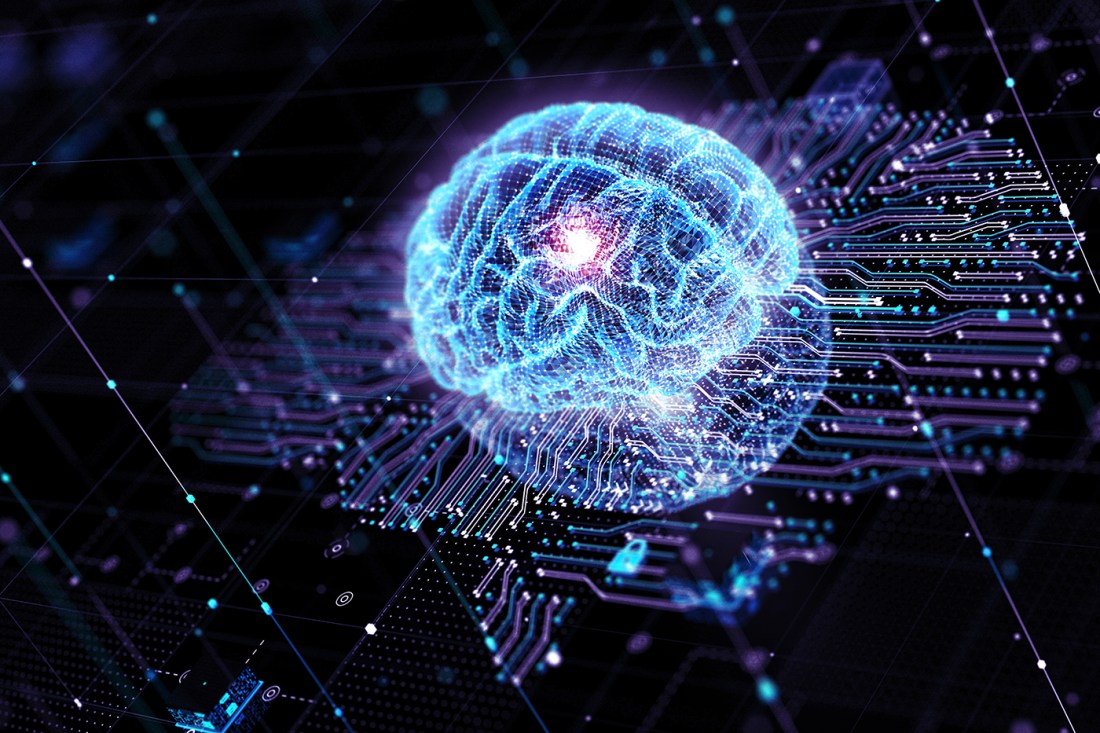Psychotherapy? Zoloft? AI can help your doctor choose
Northeastern University research says there’s promise to the idea that machine learning can be used to predict patients’ treatment response.

Debate continues over the role of artificial intelligence in treating mental health conditions, but new research shows that machine learning models can help predict whether a person might benefit from certain treatments.
Northeastern University assistant professor of applied psychology Joshua Curtiss led a study, recently published in the Clinical Psychology Review, in which researchers conducted a large meta-analysis of studies from other journals that used machine learning to predict treatment response. The meta-analysis found that machine learning can predict outcomes of treatment.
“There’s been a lot of interest in mental health and trying to see (whether) these machine learning models do a good job of predicting when someone might benefit from a certain type of treatment, whether it’s a type of psychotherapy or a type of medication,” Curtiss says. “If we know whether someone would respond well to this treatment from the beginning, that could save a lot of time and energy trying to find the right treatment for a patient.”

As of now, it is difficult for clinicians to determine early on whether a patient will benefit from a certain type of treatment. But Curtiss says that machine learning models can be trained to predict treatment outcomes using self-reported information, biological data and neuroimaging from the patient.
“We can’t really tell just by looking (if) this person is going to benefit from cognitive behavioral therapy or medication,” Curtiss says. “That’s sort of led to the idea of what quantitative tools are good at helping us figure out how to address this problem. If we can use machine learning to predict certain things, maybe we can make some headway on this big problem we’ve been facing.”
Curtiss said there have been a lot of studies looking at this issue individually, but this meta-analysis offered a wider look at all published literature surrounding this topic. Researchers looked at 155 studies that used machine learning procedures and looked at how accurately these procedures did when it came to predicting this type of information.
Editor’s Picks
The team then analyzed these findings to determine the overall level of accuracy from these procedures. They found the level of accuracy around 76 percent, with less accurate outcomes on predicting outcomes for treatment of depression symptoms. The accuracy varied based on several factors, such as what predictors were used in the machine learning model; those using neuroimaging, for example, were associated with higher accuracy as were those with larger responder rates.
Further analysis found that there wasn’t any difference as to which machine learning algorithms were more helpful than others. The team also found that neuroimaging is associated with improved prediction accuracy, something Curtiss said is not a standard practice for patients as of now, but could become standard if research shows its benefits.
He added that this information could be used to popularize the use of machine learning algorithms going forward, such as adding them into online prediction calculators that clinicians use. Right now, a lot of these methods are not easily usable for the average clinician.
“This provides support for the idea that machine learning can be helpful,” Curtiss said. “We need to continue to make sure it’s doing a good job,(but) this supports the idea that machine learning is a helpful tool for precision medicine that is finding out ways to personalize treatment for patients and help them get the right treatment earlier rather than go through this trial and error approach to figure out what works just based on experience.”










